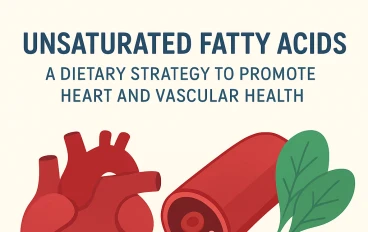
Scientists Identify the Optimal Diet for Reducing Mortality Risk in Older Adults
Scientists Identify the Optimal Diet for Reducing Mortality Risk in Older Adults.
Researchers grouped all non-meat diets under the term 'vegetarian,' which included pescatarian and vegan diets, and compared these with data from individuals on 'non-vegetarian' or 'semi-vegetarian' diets.
Their findings suggest that 'vegetarian' diets contribute to longer lifespans, with the inclusion of fish providing the most significant benefits, particularly for those around 85 years of age. According to the study's lead investigator, Professor Gary Frazer, “This is some of the most compelling evidence that American vegetarians are better protected against premature death compared to non-vegetarians.”
The study analyzed data from 88,400 Seventh-Day Adventist participants in the U.S. and Canada and found that overall, vegetarians had about a 12 percent lower risk of death during the study period (2002-2015) compared to non-vegetarians. Specifically, those following a pescatarian diet had an 18 percent lower risk, while those on a traditional vegetarian diet—excluding meat and fish but including eggs and dairy—had a 15 percent lower risk. Vegans, on the other hand, experienced a less than 3 percent reduction in mortality risk during the study period.
The research also revealed gender differences. Male vegans appeared to have a lower mortality risk compared to male meat eaters, but the reverse was true for female participants, who seemed to be at a higher risk if they were vegan.
While middle-aged participants benefited from a vegetarian diet, elderly vegetarians who did not consume fish were found to have an increased risk of developing stroke, dementia, and Parkinson's Disease compared to those who included fish in their diet.
Professor Fraser highlighted that, “Although the increased risks of neurological conditions among vegetarians in their 80s were not substantial, they are worth noting if we want the benefits of a vegetarian diet to continue into advanced age.”
The protective effects of fish are likely attributed to the high levels of beneficial fatty acids, particularly omega-3 DHA and EPA, found in fish and seafood, which have been shown to promote brain health.






























